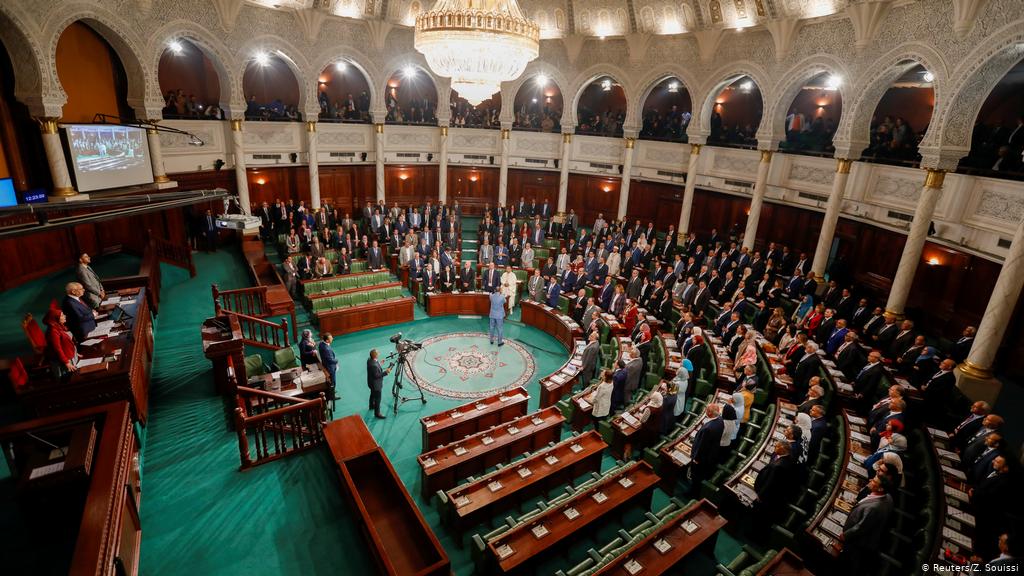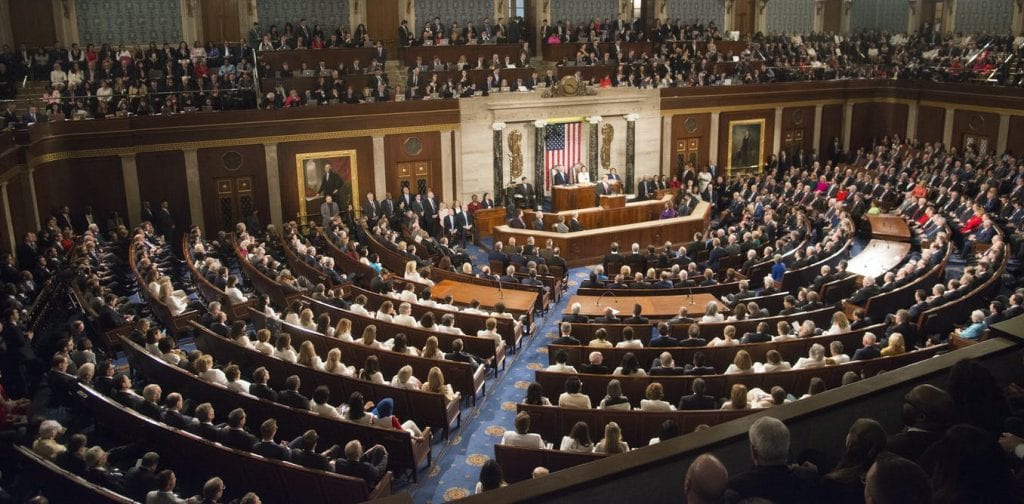The Effect of Corruption on the Legitimacy of Government
Legitimacy refers to the acceptability of a government by the people that it presumes to govern. When a government possesses legitimacy, such a government is supported and accepted by its people. The legitimacy of government is crucial for the smooth running of government and the maintenance of law and order in a society. This is because a government will only function effectively and implement policies and law when its citizenry sees it as an institution worth obeying.


Therefore, it is usually the aim of all democratic governments to earn and maintain legitimacy. However, this aim is usually sabotaged by certain elements ranging from policies developed to terrible welfare. However, one chief reason why a government could watch its legitimacy erode is when there is corruption within such a government.
Corruption has various definitions, as well as different forms and levels of manifestation. However, central to the theme of government-related corruption is the mismanagement of public resources by public office holders for personal gain and to the detriment of the people.


Where this occurs, especially at a very high and observable rate, the government begins to lose its legitimacy in the eyes of its citizens, and soon enough, there will be uprisings against such a government. The Arab Springs is a clear indication of what the presence of corruption can do to a government, and even to one that is not branded as democratic.
Corruption makes the people lose trust in the government, and the people will not accept a government they don’t trust.
